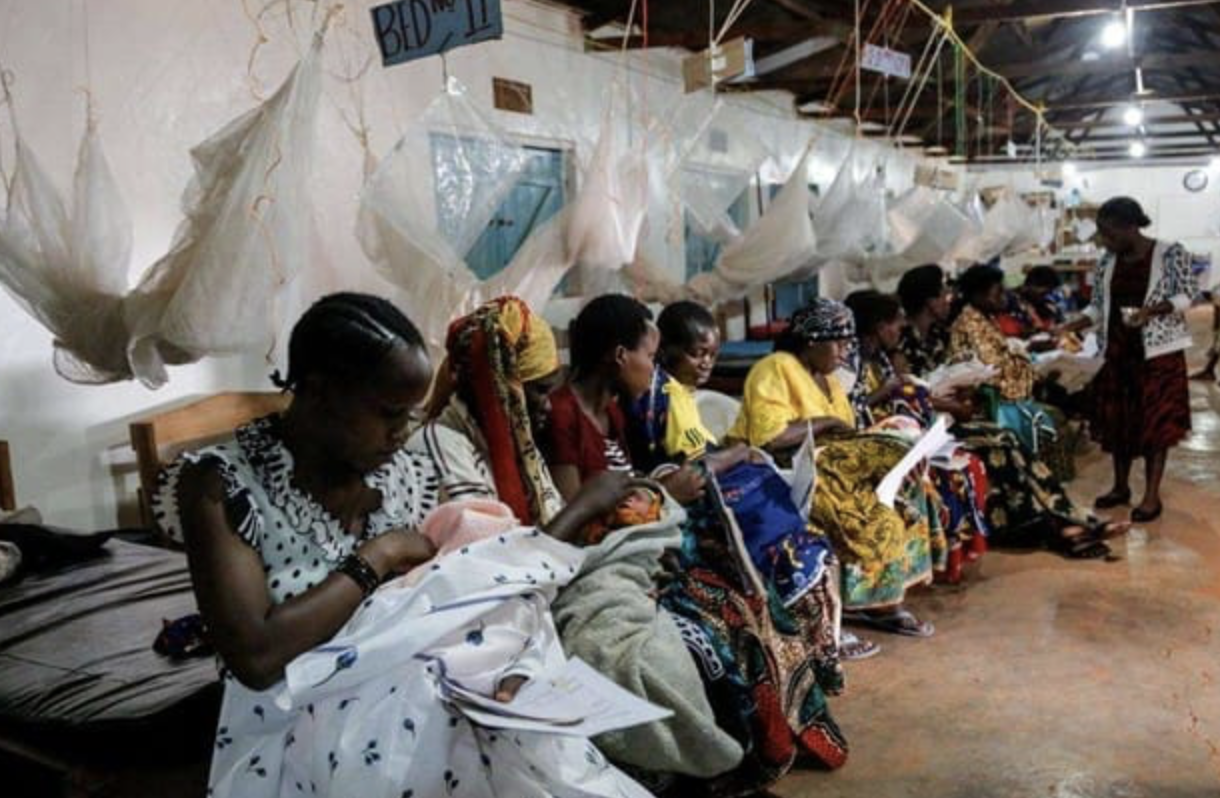Tanzania’s Universal Health Insurance Act, 2023, aims to provide mandatory health coverage for all citizens, addressing low insurance rates and high out-of-pocket costs. Success hinges on trust, political will, and inclusive financing to ensure equitable, accessible healthcare across urban and rural communities.
In East Africa, Tanzania is on the cusp of a transformative shift in healthcare access, driven by the enactment of the Universal Health Insurance Act, 2023. This legislation aims to ensure that no Tanzanian—regardless of income, location, or status—is left behind in the pursuit of health and dignity. The Act represents the culmination of more than two decades of gradual reforms, but also a recognition that previous efforts have fallen short: only 15.3% of Tanzanians are currently covered by any form of health insurance, with the vast majority (over 75%) paying for care out of pocket. This reliance on direct payments has pushed countless families into poverty and highlighted the urgent need for reform.
The Universal Health Insurance Act promises mandatory coverage for every citizen, formal worker, and adult foreign resident. This bold vision is rooted in the belief that healthcare is not just a service, but a social contract between government and people. Yet, the reality is complex, especially given Tanzania’s large informal workforce, whose irregular incomes make regular contributions challenging. To address this, the government has introduced creative financing mechanisms—including levies on mobile money, alcohol, cosmetics, and funds from investments and donations—to broaden the resource base and subsidize the most vulnerable, such as those enrolled in the Tanzania Social Action Fund (TASAF).
Health experts and policymakers agree that building public trust is essential. Dr. Mugisha Nkoronko, president of the Medical Association of Tanzania, emphasizes that citizens must see tangible improvements in healthcare services to believe in the new system. The government has responded with concrete commitments: Health Minister Jenista Mhagama has pledged universal insurance packages, improved emergency maternity services, and efforts to stabilize the Medical Stores Department (MSD), which has long faced budget shortfalls. Substantial investments are being made, including billions of shillings for new warehouses and a significant grant from China to enhance storage for medical supplies.
The Act has garnered rare political consensus in Parliament, with members supporting the reform while also voicing concerns about high costs for chronic diseases, the need for preventive care, and the importance of public education. There is widespread recognition that the system must be equitable, especially for the poorest and most vulnerable. On the ground, however, skepticism remains. Many Tanzanians view insurance as bureaucratic or inaccessible, and there are fears that private medical insurance could create a two-tiered system favoring the wealthy. The Act addresses this by allowing private insurance as a complementary option, provided it does not undermine the universal public scheme.
Tanzania’s aspirations are informed by international examples, such as Australia’s Medicare and the successful models in Ghana and Rwanda. These systems demonstrate that universal coverage is achievable and sustainable when built on equity and strong political will. However, Tanzania must also confront the persistent challenge of corruption. Past scandals in the National Health Insurance Fund (NHIF) and other institutions have eroded public trust, with billions lost to fraudulent claims and mismanaged contracts. Restoring confidence will require robust reforms: digital claims tracking, real-time audits, whistleblower protections, transparent procurement, and active community involvement in oversight.
The journey toward universal health insurance in Tanzania is as much about cultural change as it is about policy. Success will depend on sustained political resolve, transparent management, and relentless public engagement. The Act’s implementation will not be easy, facing resistance, missteps, and skepticism. But for a country where healthcare costs can still devastate families, the pursuit of universal coverage is not just a policy goal—it is a moral imperative. With the right mix of resources, expertise, and commitment from all sectors of society, Tanzania has the potential to realize a health system that truly serves all its people.


